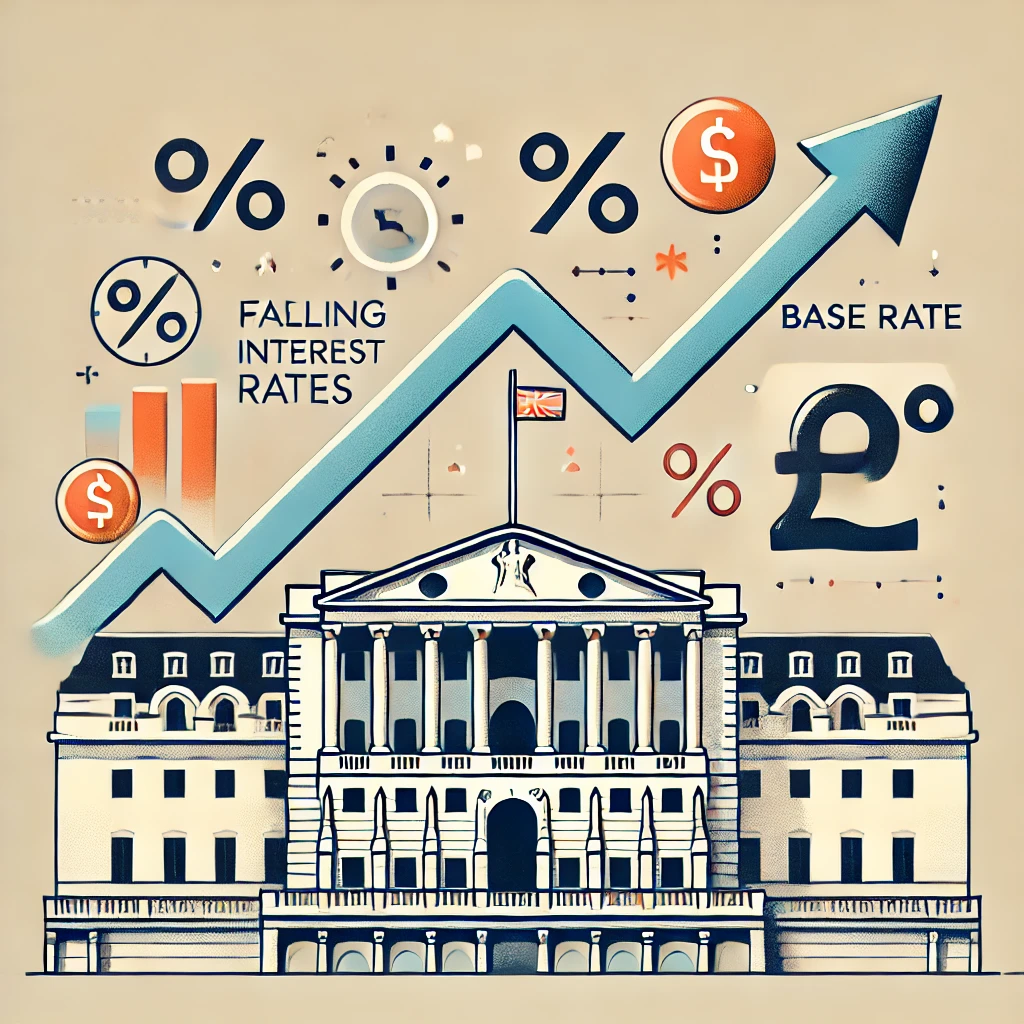Bank of England Expected to Lower Interest Rates to 4.75%
Posted on Tuesday, 5 November, 2024
Experts anticipate that interest rates will be cut, despite Rachel Reeves’s October Budget likely adding to inflation.
The Bank of England’s Monetary Policy Committee (MPC) is expected to reduce the interest rate from 5% to 4.75% this Thursday. The Bank had previously lowered rates from a 16-year high of 5.25% in August but kept them steady in September. Many analysts now predict another rate cut, though further reductions may not come until the new year.
Pantheon Macroeconomics, in a report published after the Budget, stated: “We continue to expect the MPC to reduce Bank Rate by only 25 basis points per quarter, until it reaches 3.75% by the end of next year. A 25 basis point easing [in November] remains likely, but we continue to expect no change in December.”
Deutsche Bank Research also noted: “A quarter-point rate cut is almost certain on 7 November.” Professor Stephen Millard of the National Institute of Economic and Social Research (NIESR) also shared with i that he anticipates an interest rate cut to 4.75% in November.
The Bank of England typically maintains high-interest rates to combat inflation but lowers them when inflation moves closer to its 2% target. Although inflation is currently at 1.7%, most experts expect it to rise above 2% this winter.
Economists generally believe that Reeves’s October Budget will contribute to inflation, which could lead to slower rate cuts than initially projected. However, it is unlikely to affect the expected November reduction.
Pantheon Macroeconomics noted: “Chancellor Reeves’s Budget increases government spending more than anticipated, raising employer costs and posing a risk of above-target CPI inflation next year. Consequently, we are more confident in our above-consensus forecast for the Bank Rate. We continue to expect the MPC to reduce Bank Rate by only 25 basis points per quarter.”
Interest rates serve as a tool to control inflation. The Bank raised rates multiple times between 2021 and 2023, from 0.1% to 5.25%, as inflation hit double digits. By raising interest rates, borrowing becomes more expensive, which reduces disposable income and slows inflation by limiting consumers’ ability to pay higher prices.
Higher rates typically lead to increased mortgage costs for households, although home loan costs have eased since last month’s interest rate cut. However, high rates can also slow economic growth or even lead to a recession if growth is negative for two consecutive quarters.








